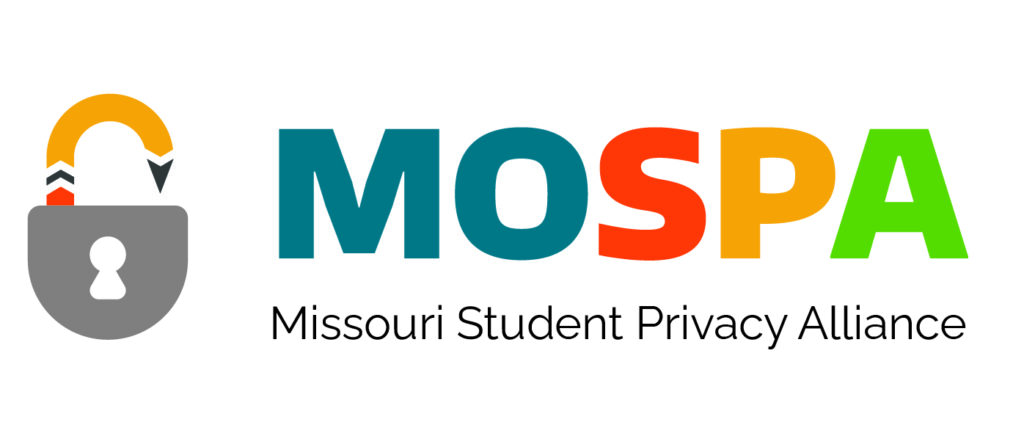
The classroom fundamentally changed in 2013, going from data being held in the four walls to data being shared with third party vendors. This brought many unanticipated challenges for administrators and teachers. The new apps were great tools for classroom use and many were offered for free, but we often didn’t realize the implications of vetting the tool before use.
Per FERPA, if student PII is being shared with a third party, the third party must be designated as a school official or parental consent is required. If you do not receive parental consent for a student, the student is to be provided with the same experience. This is challenging, and, therefore, a school official is the preferred method.
Data privacy agreements include the FERPA language to ensure your district is protected. Including the appropriate language for every application can be a daunting task administratively and in negotiation.
MOREnet offers the Missouri Student Privacy Alliance to help lighten K-12 schools’ load and protect your district and students. This service is included with your MOREnet membership!
What does the National Data Privacy Agreement (NDPA) do for the district?
- Gives the district direct control over the student record so you are FERPA compliant. The National Data Privacy Agreement is based on FERPA.
- Per FERPA, if a provider is collecting student PII, the provider must be designated as a school official from the district or parental consent is required. The NDPA designates the third party as a school official.
- Enables school districts to require providers to take measures to protect student data and creates an agreement to protect district interests.
MOREnet can provide resources to assist you with implementing student data privacy or help you grow your program. To learn more about our solution please visit MOREnet MOSPA.
